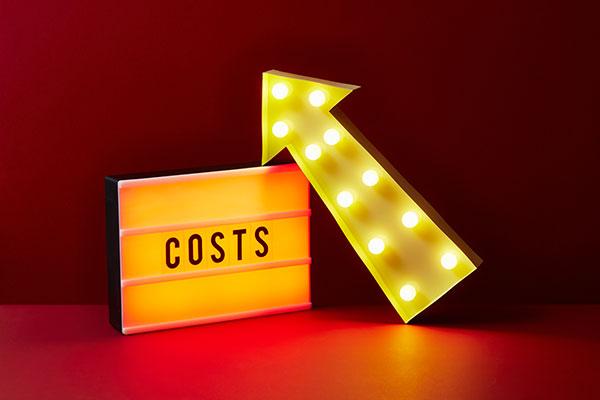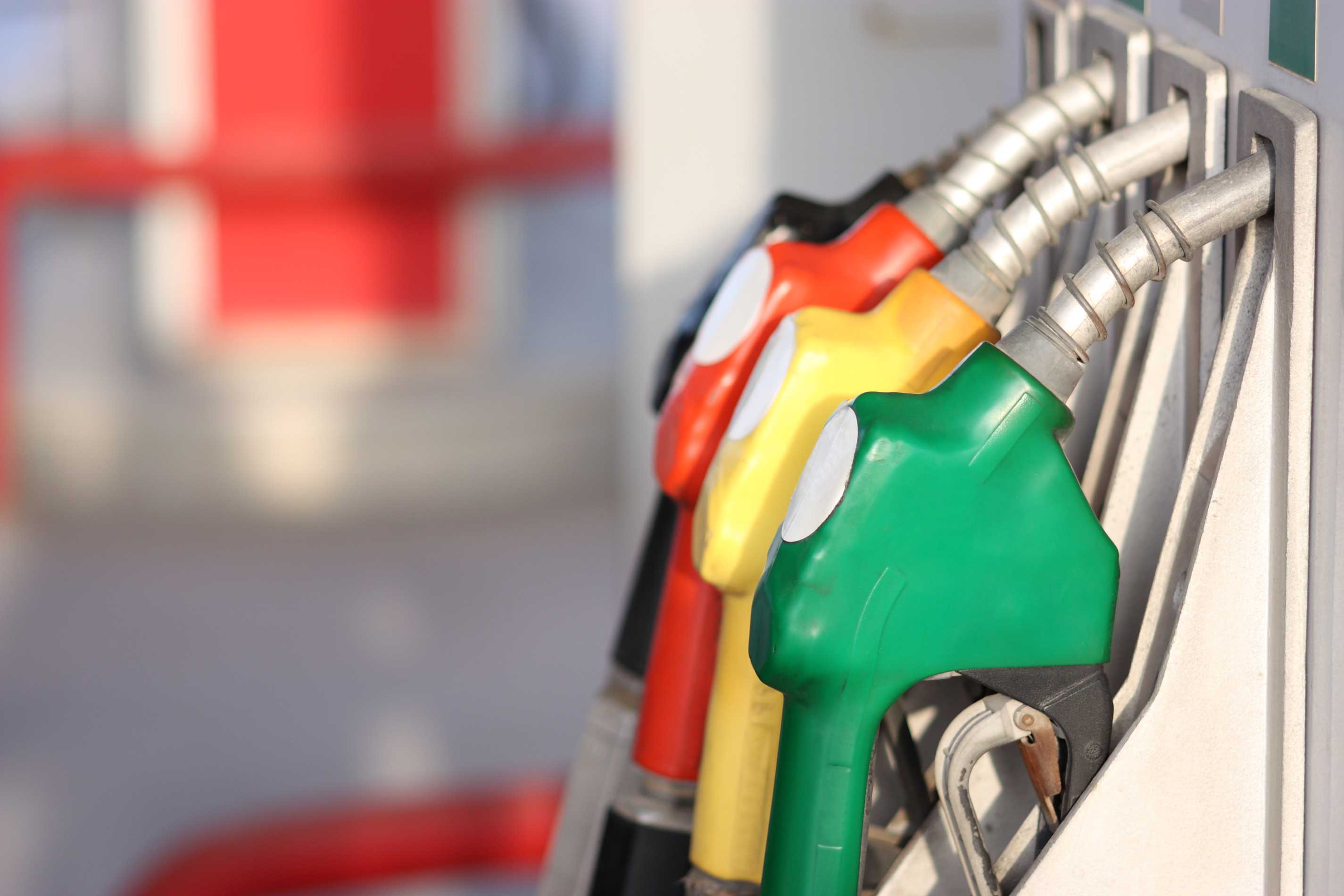Inflation climbs to 9.1%: when will it stop rising?
22nd June 2022 13:06
by Alice Guy from interactive investor
We take a look at the latest inflation figures and explain why prices are up, what it means for savers and how high prices might go.

The worrying climb to double-digit inflation continues. Figures out today show record-breaking inflation, as the consumer prices index (CPI) edged up to 9.1% in May.
It won’t be a surprise for consumers, who have seen petrol and energy bills ramping up significantly in the last few months. And, depressingly, it shows that the Bank of England’s decision last week to raise the base rate to 1.25% has had little effect on runaway prices.
Let them eat fruit
Today’s inflation figures are driven by food, energy and petrol prices: food prices rose 1.5% between April and May 2022 and energy costs climbed 0.7%. And it’s the basics that are rising the most. White bread costs 2.6% more than it did in April, wholemeal bread costs an extra 2.8% and flour prices surged by 3%.
Neil Shearing, group chief economist from Capital Economics comments that, “higher food prices have accounted for about one quarter of the increase in inflation in advanced economies over the past year, and around one-third of the increase in inflation in emerging economies.”
Russia and Ukraine produce around one-third of the world’s wheat exports and one-fifth of global corn supplies. The conflict in Ukraine has caused widespread supply problems and led to a global spike in wholesale wheat prices, up around 50% in the past year.
Bizarrely, fruit is one of the few unaffected categories of food with oranges, bananas and grapes seeing no price increases since April.
Petrol and energy prices continue to climb
Misery at the pumps continues as transport costs rose 1.5% from April. Record-breaking petrol prices took the price per litre from an average 127.2p in May 2021 to a staggering 165.9p in May 2022. The May 2022 price is the highest on record and the 12-month inflation rate, 32.8% for motor fuels, is the highest since records began in 1989. Many motorists are now paying over 190p a litre, which will affect the next set of inflation data.
And, energy costs also continue to climb, rising 0.7% between April and May. In total, annual energy prices have risen by a staggering 53.5% for electricity and 95.5% for gas. This increase is driven by record gas wholesale prices caused by the war in Ukraine, increased demand and ongoing supply problems.

Hitting savers hard
Despite recent rises, interest rates are still at a historic low and cash savers are seeing their hard-earned savings plummet in real terms.
Rachel Springall, finance expert at Moneyfacts.co.uk, commented that, “inflation is eating its way into the real spending power of consumers’ cash and there is not one cash savings account that pays anywhere close to CPI.”
“It has now been over a year since savers were able to beat inflation, but over this period interest rates have been on a steady rise. This means savers coming off a fixed deal or who are comparing their existing variable accounts to the latest top rates could find a more attractive return.”
Savers might be able to find slightly better rates with fixed price bonds. Springall comments that, “savers who decide to fix a lump sum for a year will find the top one-year fixed bond rate is much higher than the top deal seen a year ago, which paid less than 1%.”
But consumers that aren’t ready to commit their cash for a whole year might be better off shopping around and spreading their cash across many easy-access savings accounts. It’s important to have a portion of savings available for emergencies or to cover an unexpected bill.
How high will inflation go?
Inflation is expected to climb to double digits by the end of the year but drop off in 2023. The Bank of England predict inflation to rise to 11% by the autumn and fall back to around 6.6% by the second quarter of 2023. The Bank of England then expect inflation to slow down and be close to 2% in around two years’ time.
Of course, none of us have a crystal ball and the future of inflation will largely depend on the success of the Bank of England’s gradual interest rate rises. These rate rises should dampen consumer and business spending and keep inflation under control. But it’s important the rate rises aren’t too sudden as this could potentially tip the economy into a recession.
These articles are provided for information purposes only. Occasionally, an opinion about whether to buy or sell a specific investment may be provided by third parties. The content is not intended to be a personal recommendation to buy or sell any financial instrument or product, or to adopt any investment strategy as it is not provided based on an assessment of your investing knowledge and experience, your financial situation or your investment objectives. The value of your investments, and the income derived from them, may go down as well as up. You may not get back all the money that you invest. The investments referred to in this article may not be suitable for all investors, and if in doubt, an investor should seek advice from a qualified investment adviser.
Full performance can be found on the company or index summary page on the interactive investor website. Simply click on the company's or index name highlighted in the article.